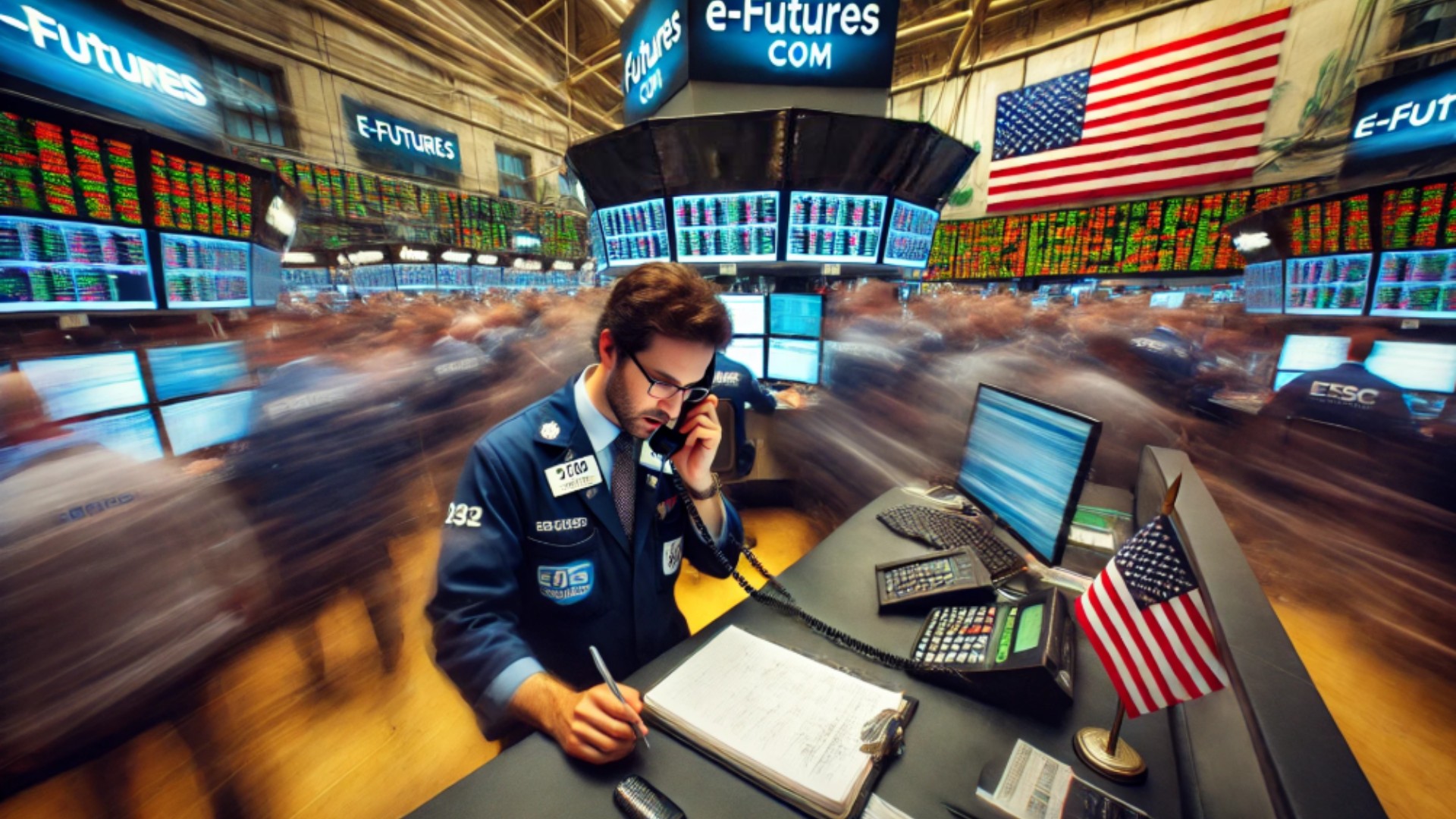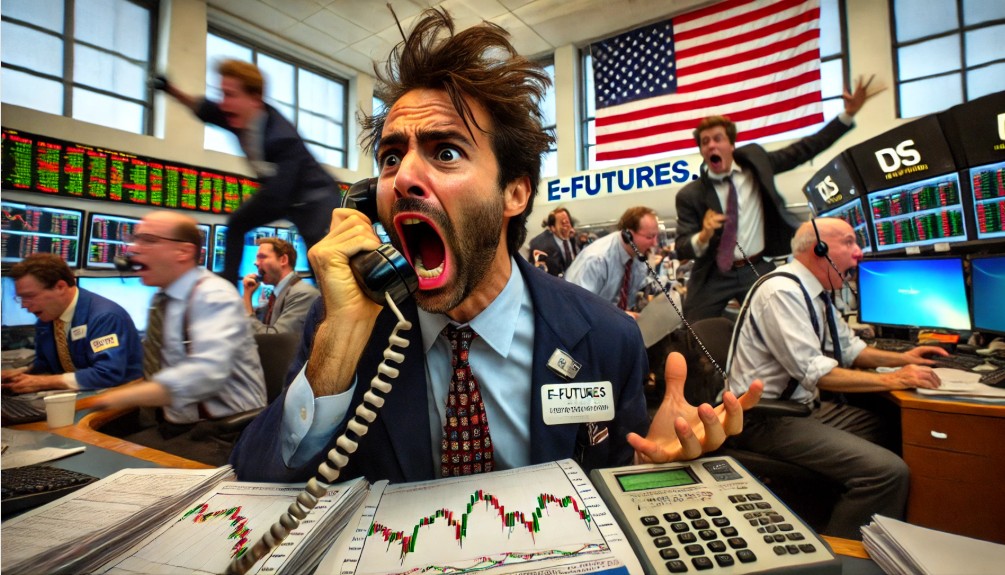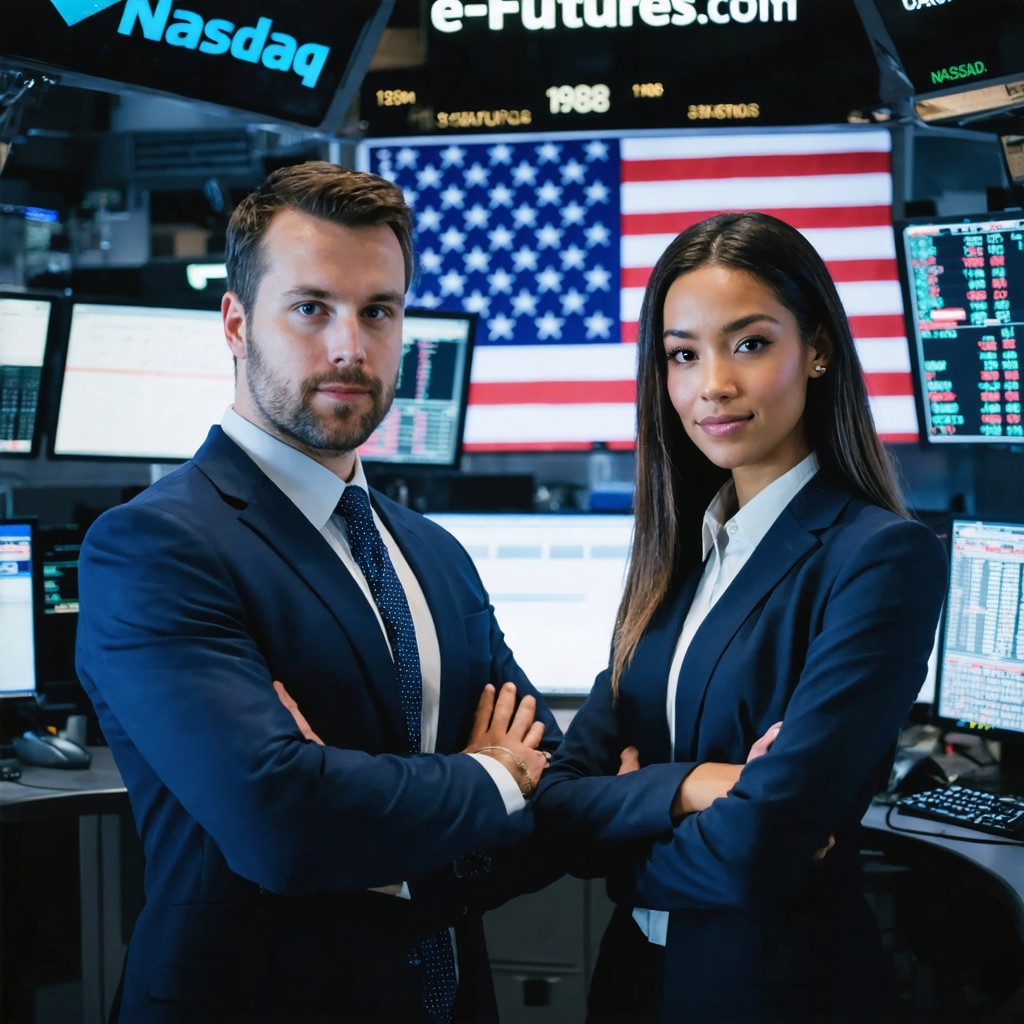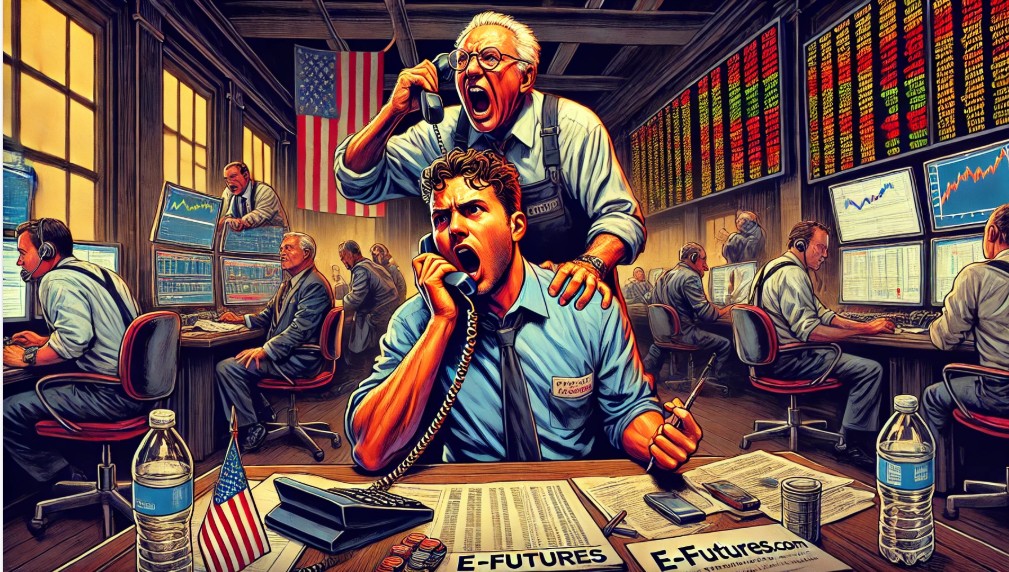Trading futures has long been a staple of financial markets, offering traders and investors unparalleled opportunities to hedge risks, speculate on price movements, and diversify their portfolios. Futures trading covers a broad spectrum of markets, from commodities like oil and gold to financial instruments such as e-mini futures. Whether you’re a retail investor or a professional futures trader, understanding the nuances of futures trading is crucial to long-term success.
Among the various platforms available, E-Futures.com stands out as one of the top futures brokers, thanks to its state-of-the-art CannonX trading platform, stellar reputation, and top-tier customer service. With a 5 out of 5-star rating on TrustPilot, a history of compliance with regulatory bodies, and a commitment to delivering a seamless trading experience, it has earned the trust of traders across experience levels.
In this comprehensive guide, we’ll explore 10 advanced insights about trading futures that even experienced futures traders might not be aware of, incorporating real-life case studies, overlooked techniques, and rare terminology to expand your futures trading knowledge.
10 Things Advanced Traders Might Not Know About Trading Futures
The “Contango Trap” in Commodity Brokerage
One of the lesser-known risks in futures trading is contango, a condition where futures contracts trade at a premium compared to the expected spot price at expiration. Traders holding long positions in a contango market might face steady declines in their contract value as expiration approaches.Case Study: In 2020, traders betting on rising crude oil prices in contango were caught off guard when WTI futures plummeted into negative territory. Those unaware of storage costs and the rollover effect suffered severe losses.
Forgotten Futures Trading Term: “Backwardation”
The opposite of contango is backwardation, where the futures price is lower than the expected spot price. This often happens in markets with supply shortages, such as energy and grains.Example: During the 2008 oil crisis, backwardation allowed traders to profit from rolling over contracts into higher spot prices, creating lucrative opportunities for those familiar with the phenomenon.
The Power of E-mini Futures in Market Scalping
E-mini futures are a favorite among day traders due to their liquidity and smaller contract size. However, many overlook their potential in scalping strategies, where traders make multiple small trades throughout the day to capitalize on minute price fluctuations.Tip: Utilizing CannonX’s ultra-low latency execution on E-Futures.com allows for rapid order placement, making it an ideal broker for high-frequency trading strategies.
Delta-Hedging in Futures Trading
While delta-hedging is commonly associated with options, it is also a valuable technique in future trading. This strategy involves balancing a futures position with an offsetting position in the underlying asset or another correlated instrument to reduce directional risk.Example: A trader shorting S&P 500 e-mini futures might hedge with a long position in a correlated ETF like SPY to mitigate volatility risk.
Order Flow Trading: The Hidden Edge
Advanced traders who analyze order flow gain deeper insights into market sentiment. By studying bid-ask volumes, traders can anticipate price movements before they become evident on charts.Technique: Utilizing E-Futures.com’s advanced DOM (Depth of Market) tools on CannonX helps traders capitalize on aggressive buying or selling pressure.
The Forgotten Art of Spread Trading
Many futures traders focus solely on directional trading, ignoring the power of spread trading, which involves taking offsetting positions in related futures contracts to profit from price differences.Example: A commodity brokerage trader might long near-month crude oil contracts while shorting later-month contracts to exploit the spread between delivery periods.
Tick Value Discrepancies in Futures Markets
Not all futures contracts have the same tick values, and failing to recognize these differences can impact risk management. For instance, an e-mini S&P 500 futures contract moves in 0.25 increments, whereas crude oil futures move in 0.01 increments, dramatically altering profit/loss calculations.
The Hidden Risk of Expiration Gaps
A futures trader holding contracts until expiration may encounter unexpected gap risks due to settlement discrepancies. Certain markets, like natural gas, often experience significant price gaps at contract rollovers.Mitigation Tip: Rolling contracts early via E-Futures.com can help avoid last-minute volatility.
Time-of-Day Volatility in Futures Trading
Different futures markets have unique volatility patterns throughout the trading session. Understanding these fluctuations can enhance strategy optimization.Example: The first hour of trading in E-mini futures often sees the highest volatility due to institutional order flows, whereas commodity futures traders might see spikes around inventory reports.
The Role of Market Sentiment Analysis
Beyond technical and fundamental analysis, market sentiment tools such as COT (Commitments of Traders) reports provide insights into institutional positions.Example: If COT data reveals hedge funds are heavily long on soybeans, a futures trader might anticipate bullish momentum and align trades accordingly.
Why E-Futures.com is a Great Broker for Futures Trading
With numerous commodity brokerage firms available, E-Futures.com distinguishes itself with superior technology, regulatory compliance, and outstanding customer support. Here’s why it’s a top choice for traders of all levels:
- CannonX Trading Platform: Featuring cutting-edge tools, ultra-fast execution, and an intuitive interface, CannonX provides traders with the technological edge needed for trading futures successfully.
- Regulatory Excellence: With decades of experience and a solid reputation with industry watchdogs, E-Futures.com ensures a safe trading environment.
- 5-Star TrustPilot Rating: A stellar reputation backed by positive trader reviews speaks volumes about its reliability.
- Comprehensive Asset Offerings: From e-mini futures to agricultural commodities, traders have access to a vast array of markets.
- Superior Risk Management Tools: Built-in stop-loss features and margin alerts help protect futures traders from unexpected losses.
Risk Potential in Futures Trading
While futures trading offers immense profit opportunities, risks must be carefully managed.
- Leverage Risk: High leverage amplifies gains but also magnifies losses.
- Market Volatility: Unexpected news events can trigger sharp market moves.
- Margin Calls: If a position moves unfavorably, traders may need to deposit additional funds.
- Liquidity Risks: Some futures contracts have low liquidity, leading to slippage.
- Psychological Risks: Overtrading and emotional decision-making can erode profits.
Trading futures remains one of the most dynamic and potentially lucrative areas of financial markets. By understanding advanced strategies such as contango vs. backwardation, order flow trading, and spread trading, traders can gain a competitive edge. Utilizing E-Futures.com and the CannonX trading platform ensures access to superior execution, regulatory security, and a top-tier trading environment.
For traders serious about futures trading, choosing the right futures broker is essential. E-Futures.com stands out as a premier commodity brokerage with decades of experience, an exemplary reputation, and cutting-edge tools for every futures trader looking to maximize their potential.
To open an account with E-Futures.com, please click here.
Ready to start trading futures? Call US 1(800)454-9572 – Int’l (310)859-9572 email info@cannontrading.com and speak to one of our experienced, Series-3 licensed futures brokers and start your futures trading journey with E-Futures.com today.
Disclaimer – Trading Futures, Options on Futures, and retail off-exchange foreign currency transactions involves substantial risk of loss and is not suitable for all investors. Past performance is not indicative of future results. You should carefully consider whether trading is suitable for you in light of your circumstances, knowledge, and financial resources. You may lose all or more of your initial investment. Opinions, market data, and recommendations are subject to change at any time.
Important: Trading commodity futures and options involves a substantial risk of loss. The recommendations contained in this writing are of opinion only and do not guarantee any profits. This writing is for educational purposes. Past performances are not necessarily indicative of future results.
**This article has been generated with the help of AI Technology. It has been modified from the original draft for accuracy and compliance.
***@cannontrading on all socials








